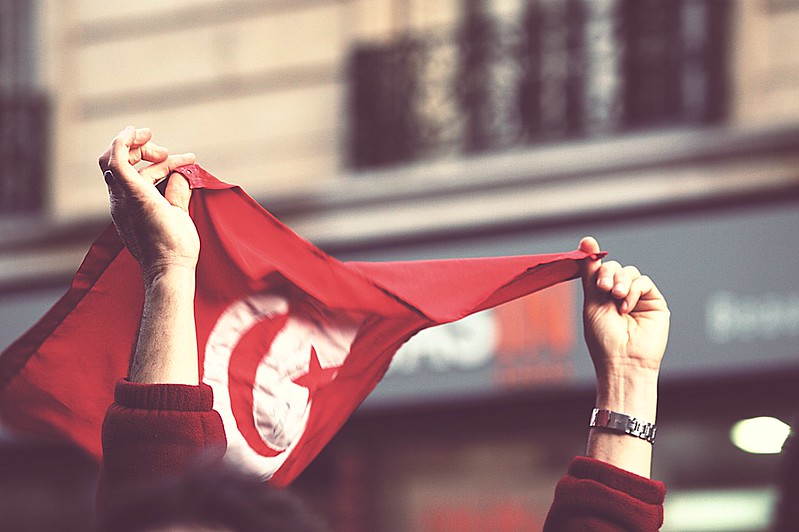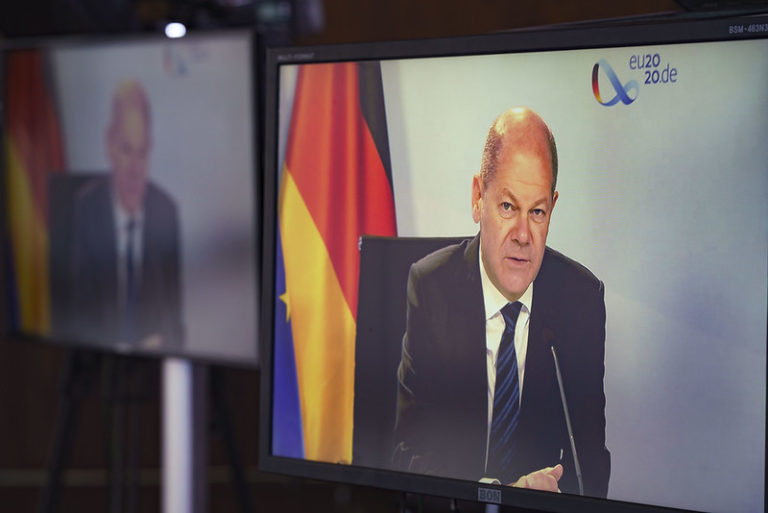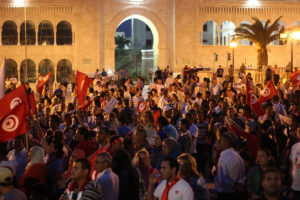Letter from La Vigie, 3rd April 2024

The long Tunisian road
After a lost decade, Tunisia, which was at the forefront of the Arab revolts, has handed over to Kaïs Saïed. A populist who is preparing for re-election at the end of the year, no one knows whether he has a plan or whether he will lock himself into certainties without a project. France has forgotten Tunisia. This silence must be used to rebuild ties.
To read the article, click here
Where is the front line?
Curiously, our leaders tell us that our armies are engaged on the “eastern flank”. But if the area between the North Cape and the Caucasus is the flank, where is the front? What is behind this geographical, tactical and doctrinal nonsense? So let’s have the courage to look the front in the face.
To read the article, click here
Lorgnette: Bleak olympic games
Paris will be hosting the Olympic Games this summer, and it has to be said that the event is far from enchanting. The older generation will remember the good mood and pride that surrounded the 1992 Albertville Olympics. Nothing like that this year. For one thing, the geopolitical situation does not make the atmosphere very optimistic, and everyone senses that the Games could be the occasion for serious disruptions, whether cyber attacks or terrorist attacks.
Secondly, the Olympic magic has disappeared and this great media machine produces a lot of noise but not necessarily dreams. Amateurism has faded to such an extent and the money machine is so visible that nobody really believes in the show. The prices advertised are insane, both in the stadiums and in the hotels.
Finally, the disruption to everyday life is already there and is accelerating. The major transport works will not be completed and the municipal, regional and even national authorities are doing their utmost to come up with absurdities, encouraging Parisians and French people to flee the area.
With such repulsive communication, how do you expect the party to start? Fleeing the Olympics?
JOVPN
Subscribers: click directly on the links to read online or download the pdf issue (here), always with your login/password. New readers: read the article by issue, by clicking on each article (€2.5), or subscribe (discovery subscription €17, annual subscription €70, orga. subscription €300 excl. tax): here, the different options.
Photo credit:Gwenaël Piaser on VisualHunt.com

